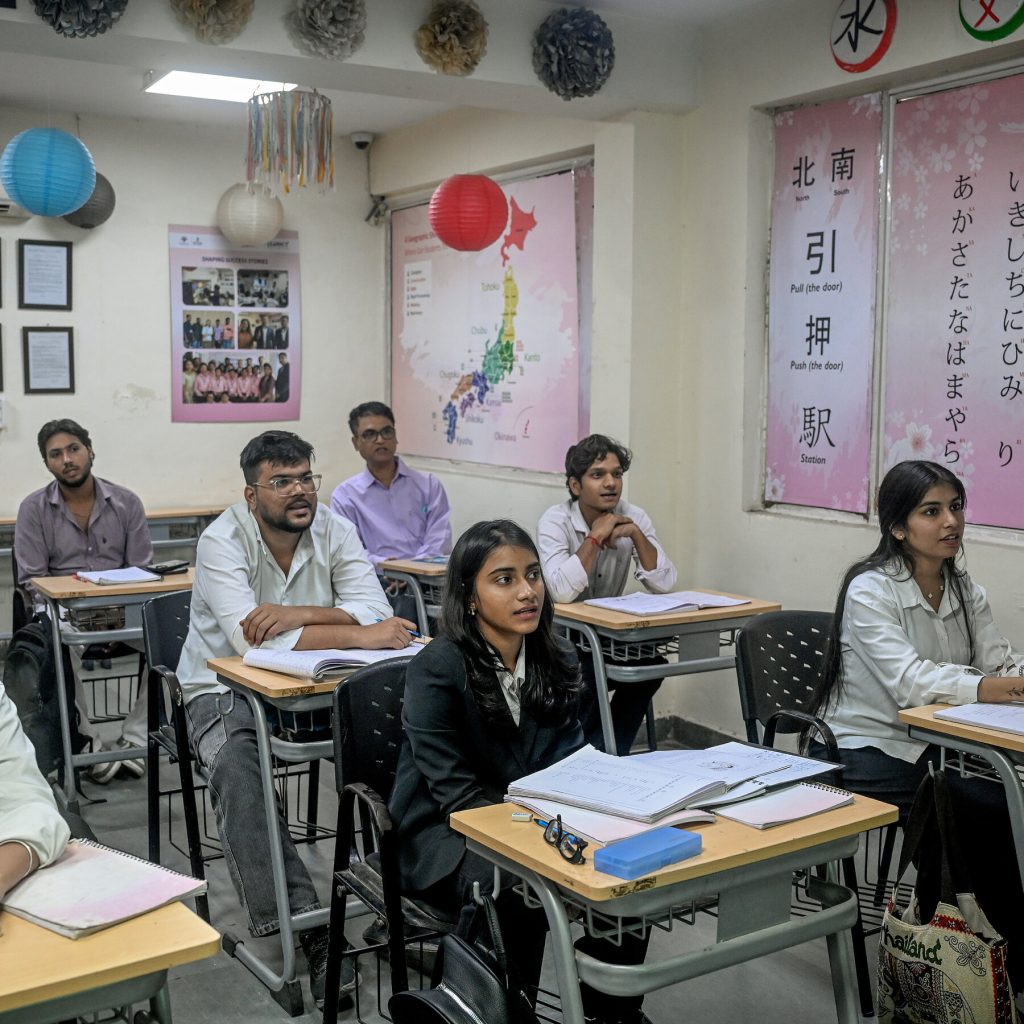India’s Overseas Workforce Boom: A New Era of Global Labor Mobility

In a bid to harness the economic potential of its massive workforce, India is embarking on an ambitious plan to export tens of millions of workers to countries facing severe labor shortages. Germany and Japan, two of the world’s leading economies, are among the key destinations identified by the Indian government as part of its strategy to create a global labor mobility framework.
The move is seen as a win-win for both India and the recipient countries. With a population of over 1.3 billion, India has a vast pool of skilled and unskilled workers, many of whom are seeking better job opportunities abroad. By exporting workers to countries like Germany and Japan, which are struggling with aging populations and shrinking workforces, India aims to not only alleviate domestic unemployment but also generate significant revenue through remittances.
Germany, in particular, has been facing a severe shortage of skilled workers in various sectors, including engineering, healthcare, and technology. The country’s aging population and low birth rates have resulted in a shrinking workforce, making it increasingly difficult for businesses to find qualified candidates. India, with its large pool of English-speaking, technically skilled workers, is well-positioned to fill this gap.
Similarly, Japan, which has one of the world’s most rapidly aging populations, is facing a critical shortage of workers in various industries, including construction, healthcare, and manufacturing. By tapping into India’s vast workforce, Japan hopes to mitigate the impact of its demographic challenges and ensure the sustainability of its economy.
The Indian government has already taken steps to facilitate the export of workers to these countries. It has established a dedicated ministry to oversee the process, which includes training and certifying workers for specific jobs abroad. Additionally, the government has set up a network of recruitment agencies and employment exchanges to connect Indian workers with potential employers in Germany, Japan, and other countries.
While the plan has the potential to benefit both India and the recipient countries, there are concerns about the welfare of the workers being exported. Issues such as fair wages, safe working conditions, and adequate social protections will need to be addressed to ensure that Indian workers are not exploited abroad.
Overall, India’s initiative to export workers to countries with labor shortages marks a significant shift in the country’s approach to economic development. By harnessing the potential of its vast workforce and creating new opportunities for global labor mobility, India is poised to become a major player in the global economy.



